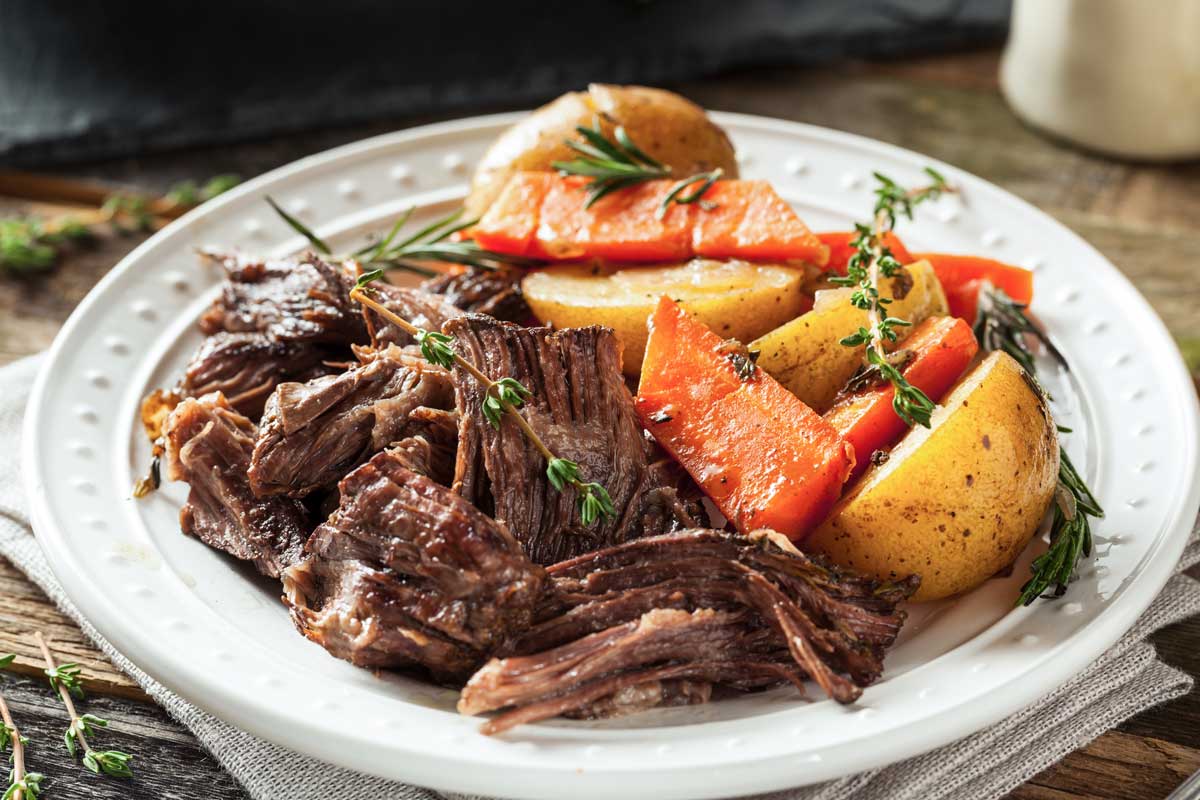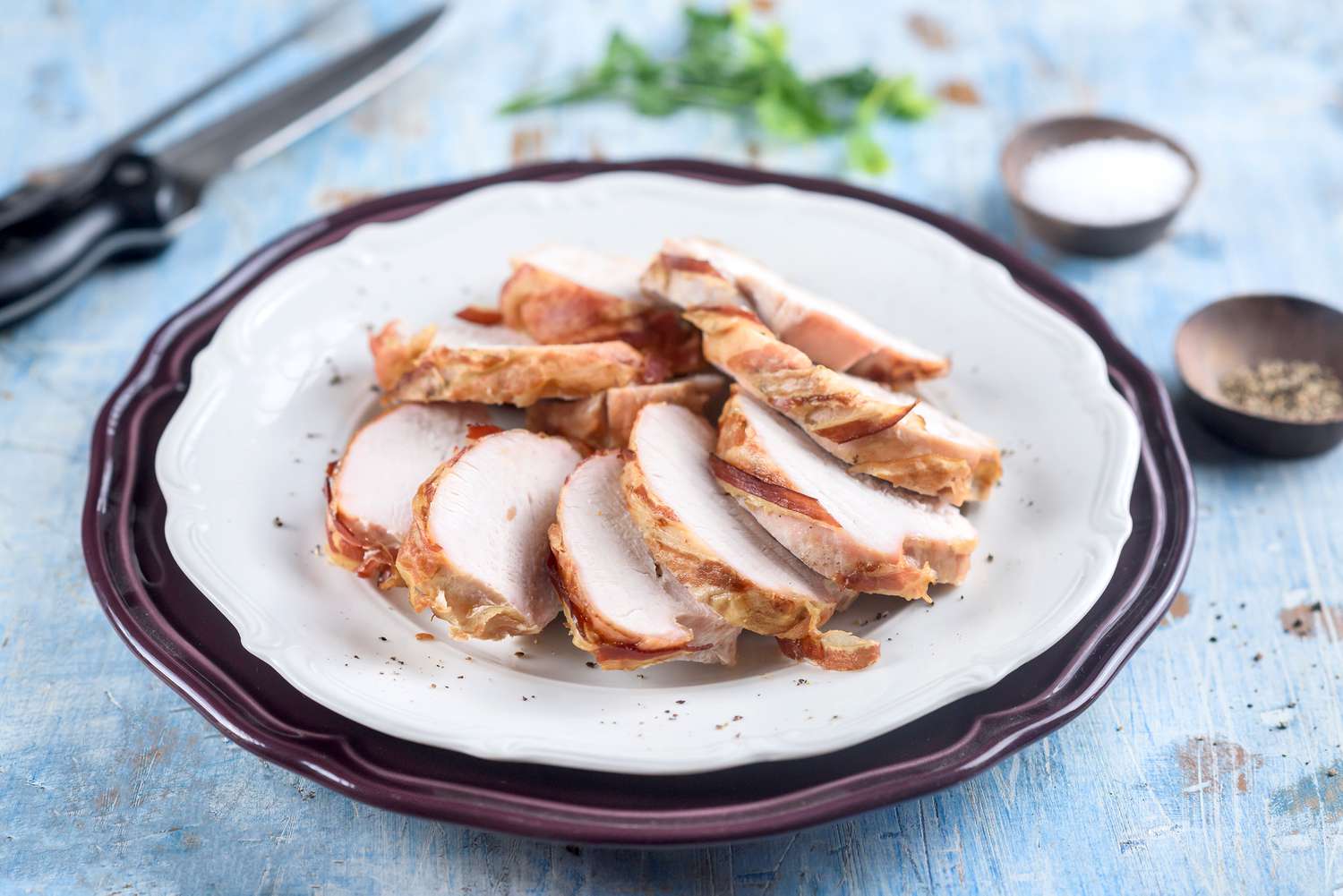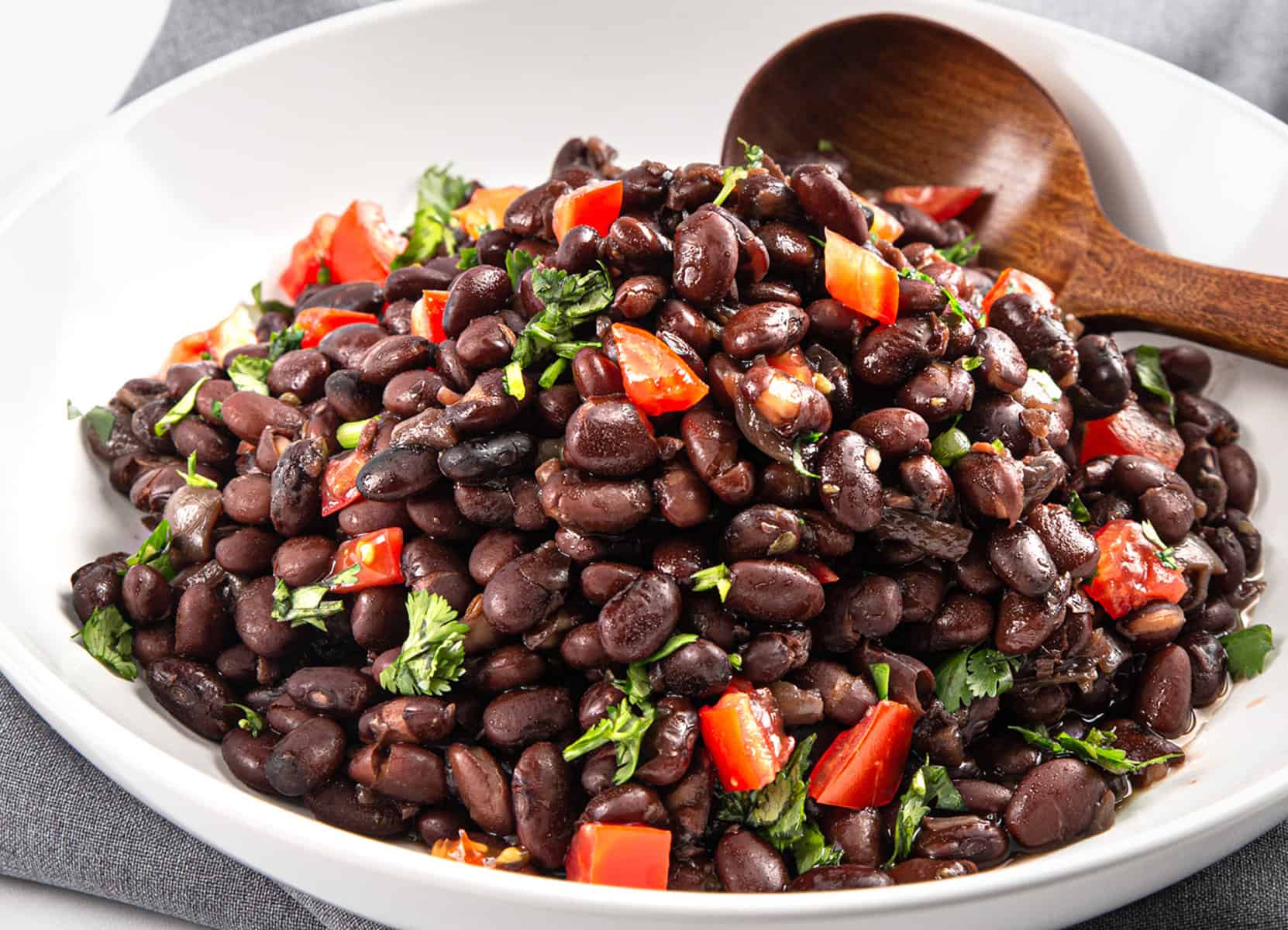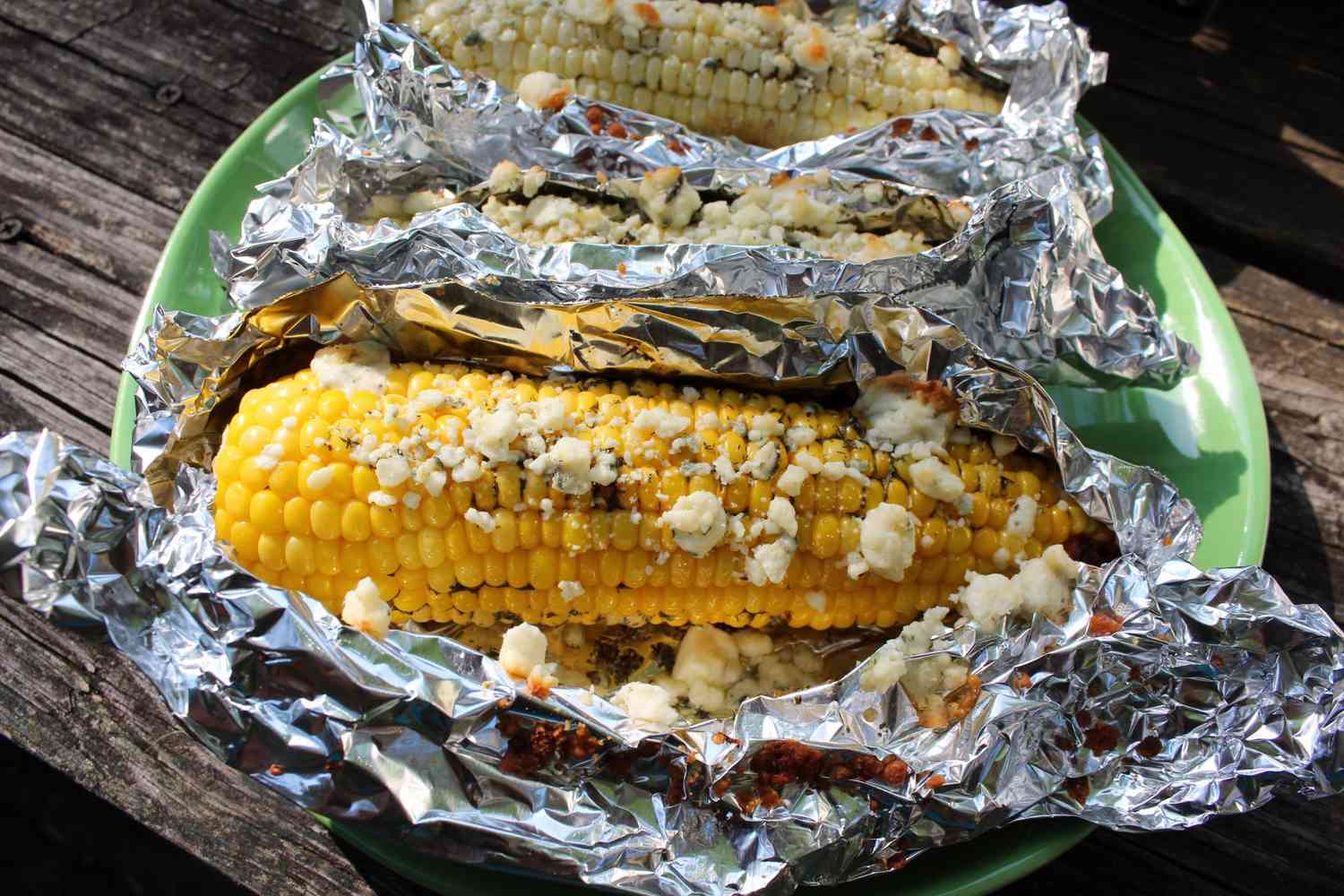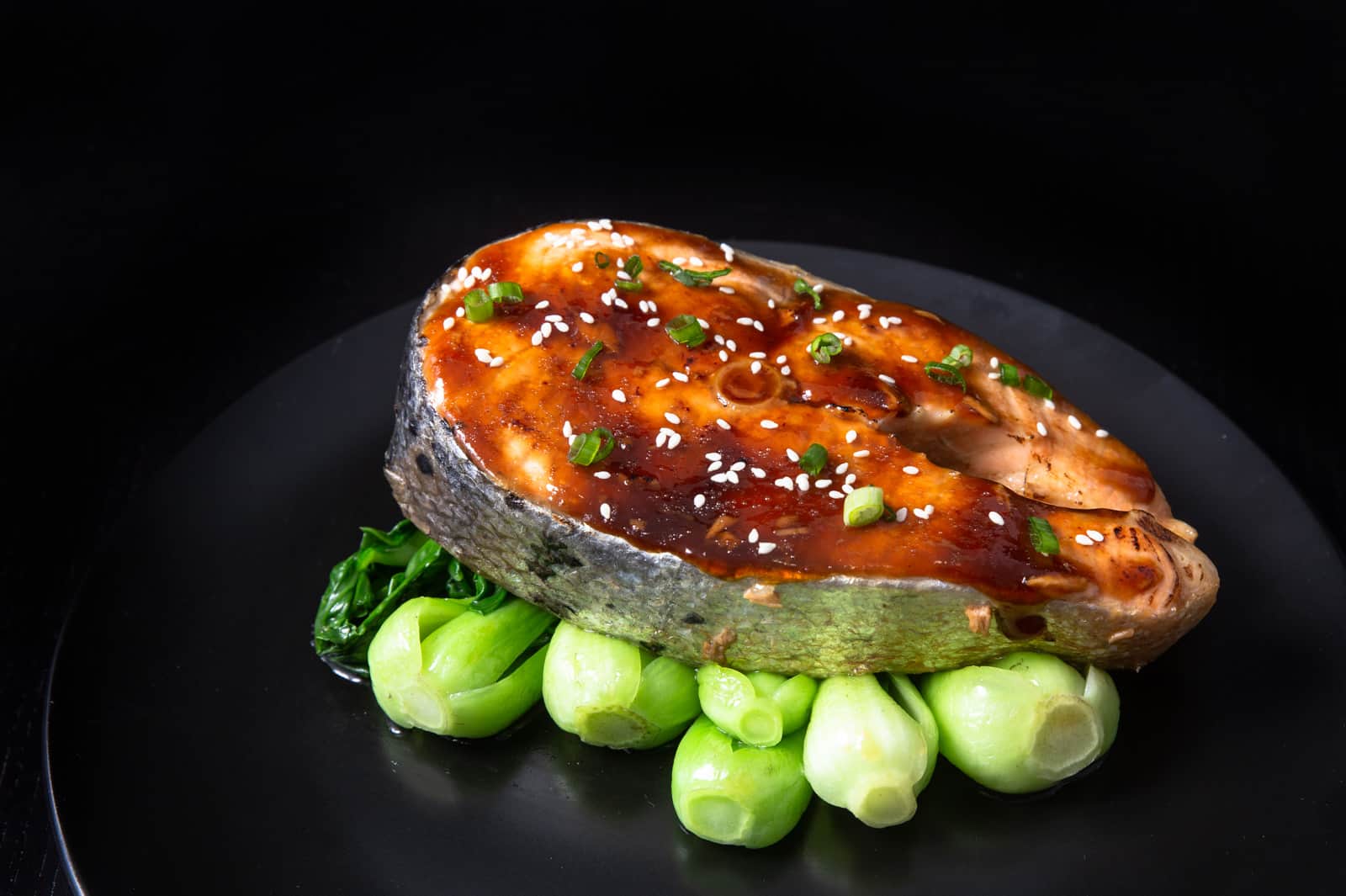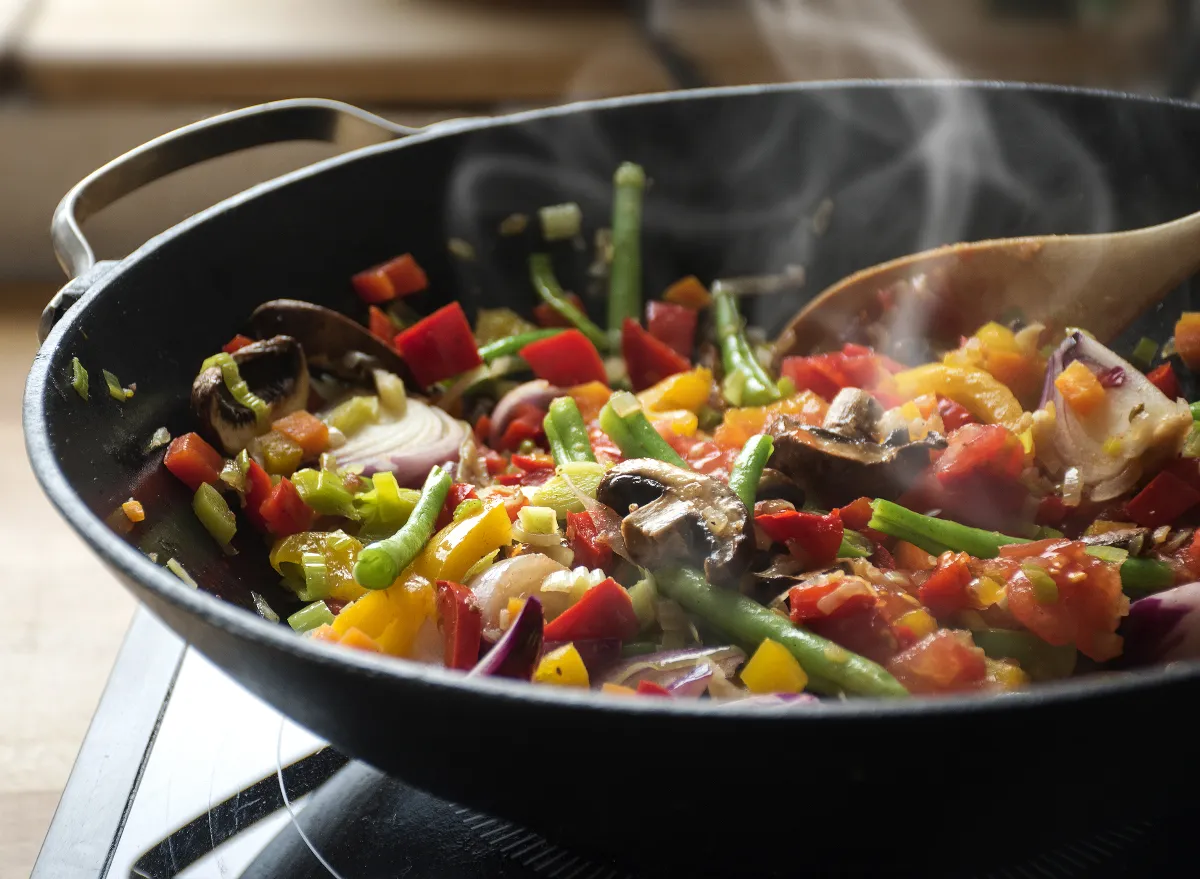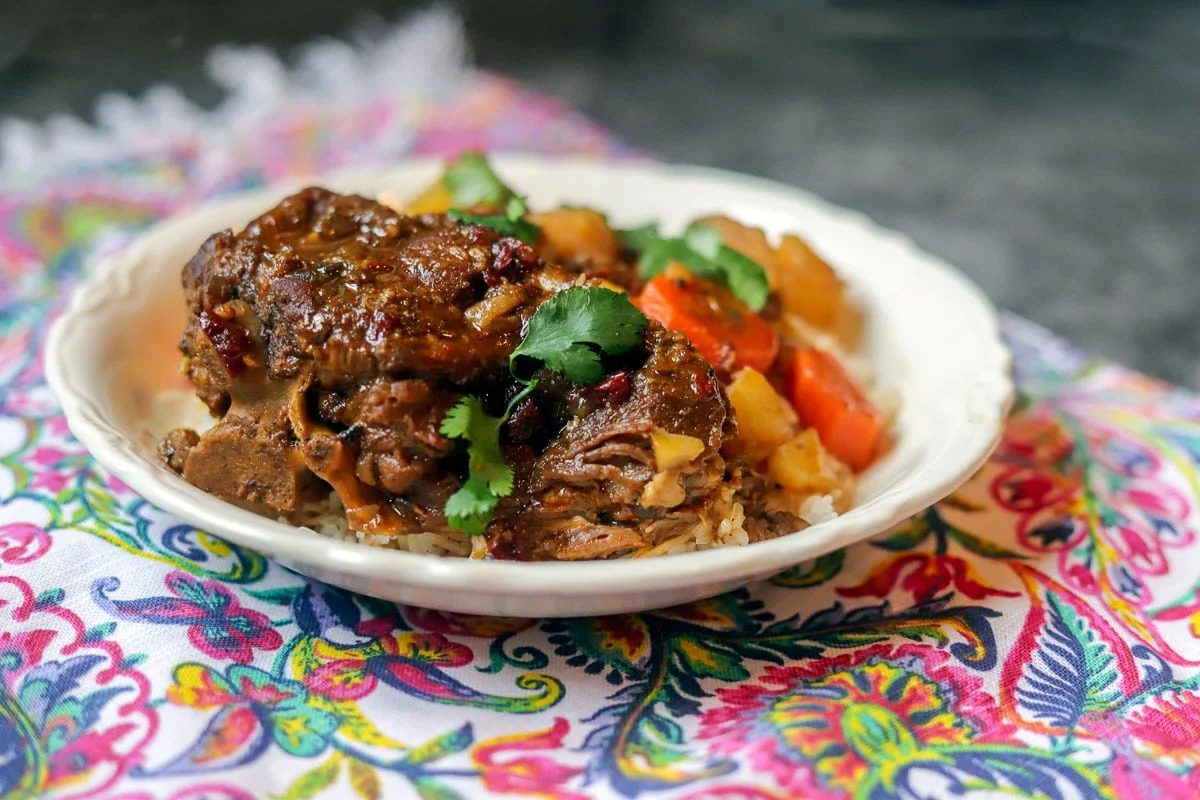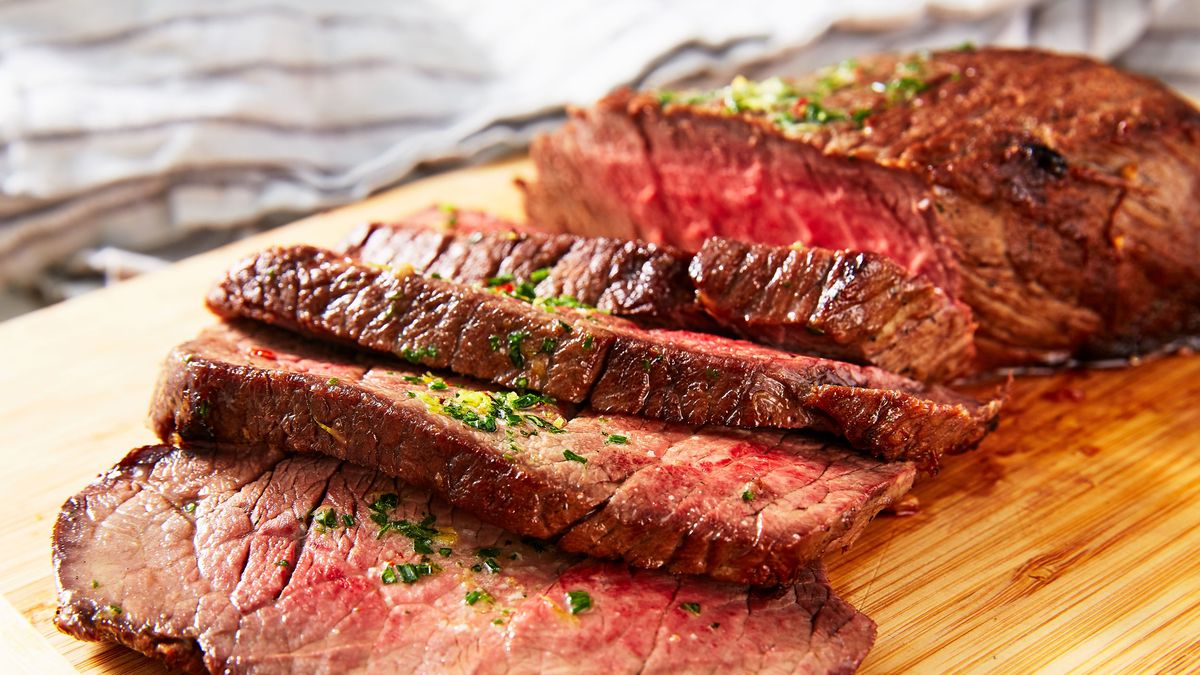Master the Art of Easy-Peel Eggs: Your Cooking Guide
There’s nothing quite as frustrating as spending time preparing a delicious batch of hard-boiled eggs, only to find that they refuse to peel without a battle. The joy of a perfectly cooked egg can quickly fade into disappointment when the shell stubbornly clings to the white, causing a mess and leaving you with an unappetizing appearance. But fear not! With a few simple tips and tricks, you can easily cook eggs that peel effortlessly, making your breakfast or snack time much more enjoyable. Here’s how to master the art of easy-peel eggs:
Choose the Right Eggs
To set yourself up for success, start with eggs that are at least a week old. Fresh eggs have a lower pH level, which causes the whites to stick to the shell more tightly. Older eggs have a higher pH, making the shells easier to peel. Additionally, make sure the eggs are at room temperature before cooking them. This helps to prevent cracking as the eggs heat up.
Perfect the Cooking Method
1. Place the eggs in a single layer in a saucepan or pot. Add enough water to cover the eggs by about an inch or so.
2. Cover the pot and bring the water to a rolling boil over medium-high heat.
3. Once the water is boiling, reduce the heat to low and let the eggs simmer for about 9-12 minutes (depending on the size of the eggs). This will give you perfectly cooked hard-boiled eggs with a slightly soft yolk.
4. While the eggs are simmering, prepare an ice bath by filling a large bowl with cold water and ice cubes.
5. When the cooking time is up, use a slotted spoon to transfer the eggs to the ice bath immediately. Let them sit in the cold water for at least 5 minutes to cool and halt the cooking process.
Crack, Roll, and Peel
- Gently tap the cooled eggs on a countertop or cutting board to crack the shell all over.
- Place the cracked egg on a counter and, using the palm of your hand, gently roll it back and forth, applying slight pressure. This will help loosen the shell.
- Start peeling the egg from the wider end—the air pocket at the wide end tends to make it easier to remove the shell.
- To make it even easier, peel the egg under running water. This helps to wash away any tiny shell fragments that may stick to the egg.
Additional Tips and Tricks
To make peeling eggs an effortless experience, keep these extra pointers in mind:
- Add a teaspoon of baking soda to the water when boiling the eggs. This can help to increase the pH level and make the shells easier to peel.
- If you’re in a rush and don’t have time to let the eggs come to room temperature, you can slightly pierce the bottom of each egg with a pushpin before cooking. This can help prevent cracking during the cooking process
- Store your hard-boiled eggs in the refrigerator for up to a week. The cool temperature can further aid in easy peeling, as it causes the whites to contract slightly, separating them from the shell.
With these tips and tricks up your sleeve, you’ll be an egg-peeling expert in no time. Say goodbye to frustrating peeling experiences and hello to flawlessly peeled eggs. Happy cooking!
Was this page helpful?
Read Next: How To Cook Fresh Sweet Corn
